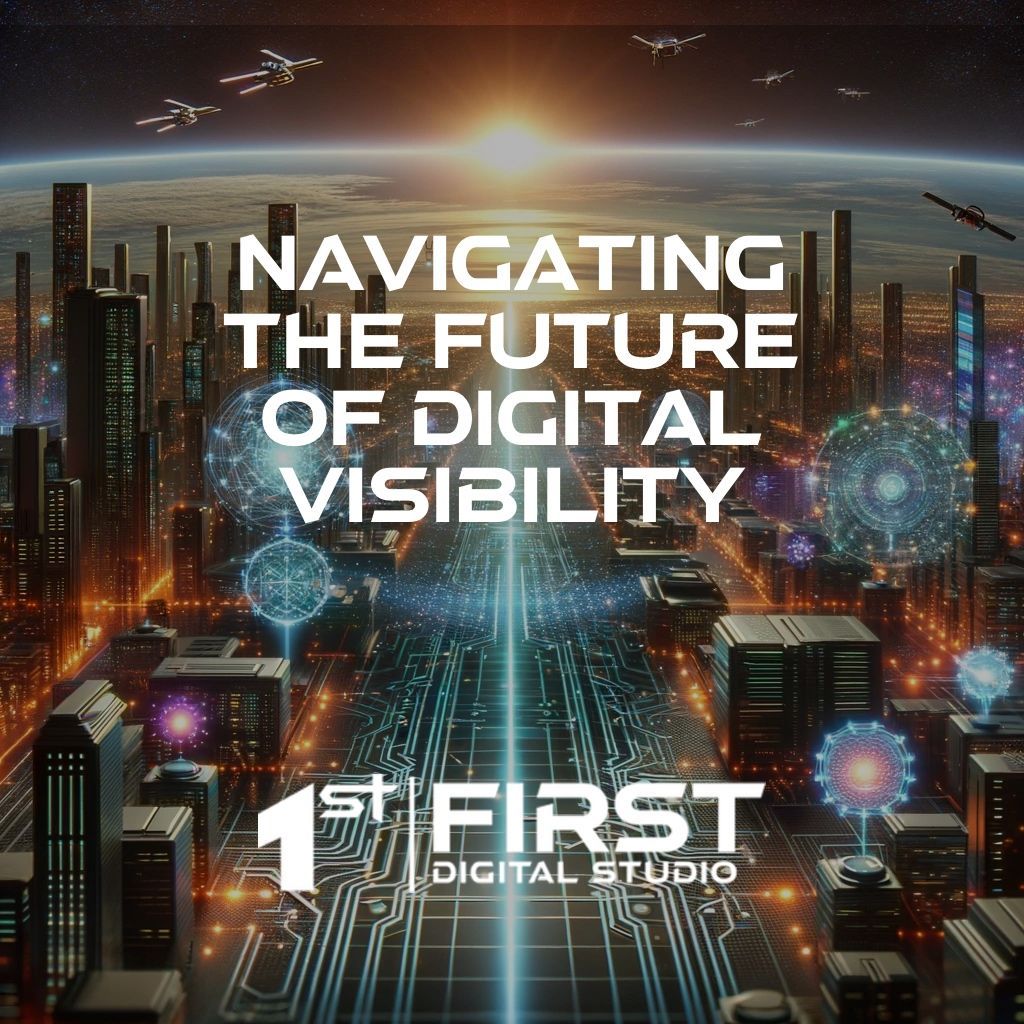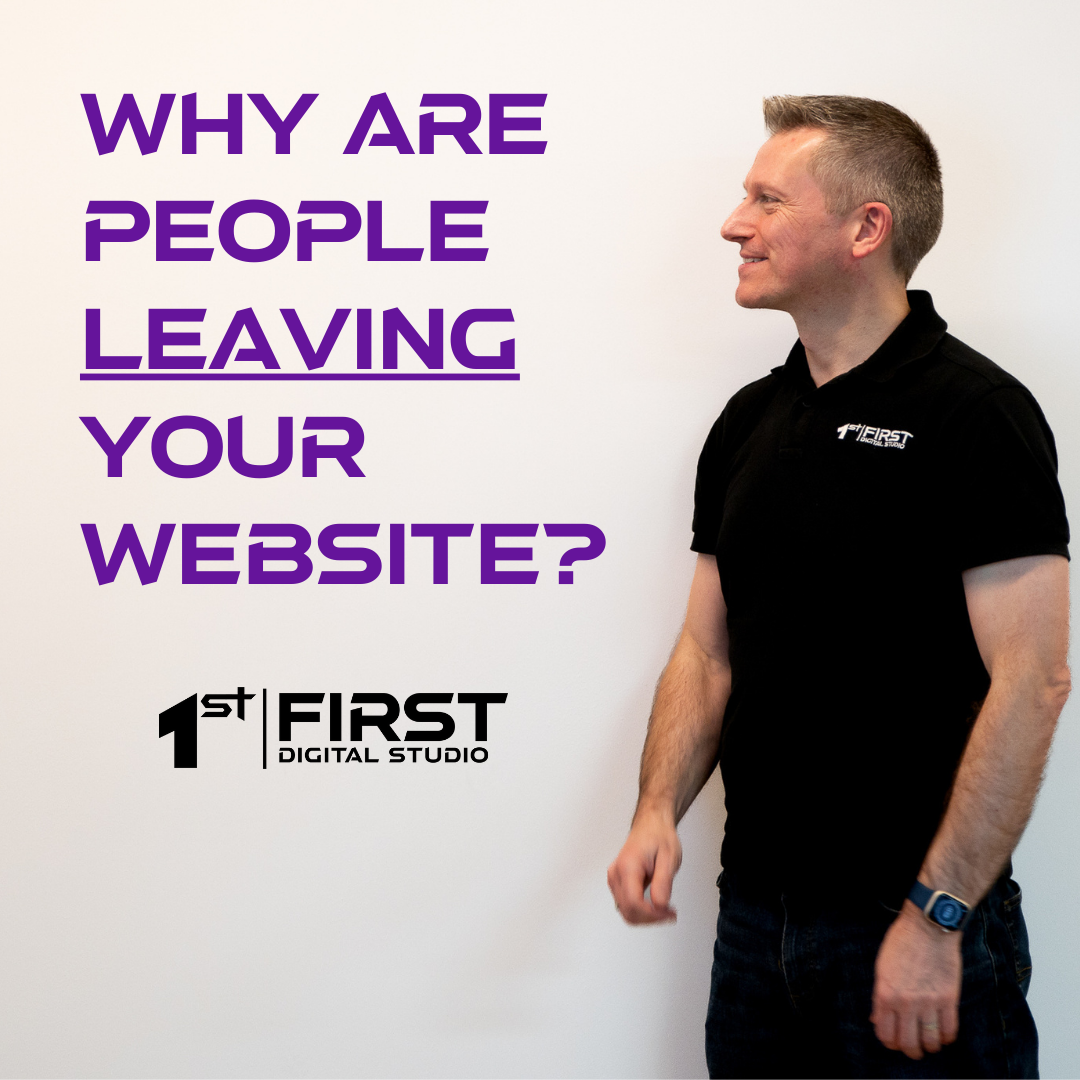What Is SEO and Why Is It Important for Small Business Success?
Does your website have a comprehensive SEO strategy? If not, it’s time to develop one.
Without proper optimisation, your site will not be indexed by Google and will not receive the traffic it needs. It needs to be optimised for Google to understand what your site’s about and send the right searchers there.
No matter what your business goals are, you need website traffic to get there; this is why SEO is so important.

What Is SEO And How Does It Work?
SEO stands for search engine optimisation. It refers to practices and tactics designed to improve the rank of a web page in organic search results. In plain language, it gets your website seen by Google, which in turn gets seen by people searching on Google. If you don’t employ SEO, Google won’t find your site and send the right people to it.
SEO practices involve the strategic use of keywords, chosen for their high search volume, throughout a site’s content and metadata. These are the terms people are entering when they’re searching for information related to your product, service, and site. The terms also tell Google what your website is about, so it will appear in search results when people type in your keywords. Successful SEO relies on keywords and your site’s linking structure, including on-page internal and external links from other sites.
Sound complicated?
It’s not hard to do if you’re willing to invest time. It is much less complex than most people realise. However, you can handle SEO by learning a few strategies and tricks. There are also SEO specialists who provide services to small businesses and work on the backend of their websites.
Why Your Business Needs an SEO Strategy
There are several reasons why an SEO strategy is essential, whether you’re a large company or a small business trying to expand its online presence.
Organic traffic is free
The primary motivation for small businesses to adopt an SEO strategy is that organic searches, not paid advertising, will be the primary source of your traffic. Companies that pay for clicks have a large advertising budget. Small businesses need to get creative.
Most people stay on the first page
With organic traffic, people visit Google and type in questions or queries related to your product, service, or business. SEO helps your site appear on the first page of Google’s search engine results for selected keywords, alongside the paid ads.
This dramatically increases the chances that the link to your page will be seen by people searching for those terms. Most people don’t look beyond the first page of the SERPs, so it’s a great benefit to your site if you can get on page 1.
More traffic means more sales
Increased traffic through organic search means higher conversions. This could mean more sales for your business, downloads of your free eBook, subscriptions to your newsletter, sign-ups, or whatever business goal you want SEO to help you achieve.
Higher ranking implies expertise
In addition to traffic, SEO is essential for building trust and credibility. If your site appears in Google’s results, this tells people you’re a legit website worth visiting. More people will see you online, which will help frame you as an expert in your niche and a reliable source of the products and services you offer.
SEO research provides customer insights
Another benefit is that SEO helps you better understand your customer. Through keyword research, you’ll discover what problems your customers face and what questions they’re asking. Your website analytics will yield valuable insights that you can use to refine your marketing strategy further.
Overall, SEO helps you grow traffic and authority to get more results for the effort you put into online marketing.
SEO Best Practices Yesterday and Today
SEO has changed a great deal over the years. It used to be heavily focused on keyword density and quantity of backlinks. You could stuff your pages full of high-search volume keywords, and the search engines would index your site and send traffic.
However, over the years, Google has become dominant among search engines primarily because of its intelligent algorithms. It did this by directing web traffic to sites that offer valuable content and a good user experience. As a result, the methods that worked in the past no longer work. Now, it’s all about quality over quantity.
What does this mean for your site? Here are a few things Google looks for when evaluating websites:
Fresh Content.
Google likes sites that are updated regularly. This is why adding a blog to your static company webpage is a good idea. A blog allows you to add content regularly, which tells Google it’s up to date.
Real Value.
Real value means that your site solves problems, answers questions, and provides relief for your visitors. People come here looking for information, and your site delivers on its promises. It’s not stuffed with low-quality content, and it’s not purely promotional.
Good User Experience. A good user experience simply means your site is fun and easy to use. It’s visually appealing with plenty of images. It’s easy to understand and navigate. You clearly tell your visitors how to find the information they’re looking for on the site’s pages. It also provides a great experience across all devices your visitors use to access it.
Topic Relevance.
Your website’s content is relevant to its target keywords and its products and services.
Quality Backlinks.
The backlinks coming into the site are from authority websites in your niche or relevant to your topic. The quality of these links is more important than the number of links you have coming in.
This means that your site should:
- Target keywords relevant to your topic
- Use keywords naturally throughout the text and in critical places that Google considers important
- Use secondary keywords wherever appropriate for further traffic
- Use these terms in URLs, descriptions, images, and metadata
- Have an internal linking structure that helps Google understand the site’s architecture
- Employ some off-page SEO like backlinks from authority sites
- Frequently updated with new content.
How to Get Started with SEO
Are you ready to learn SEO and create and implement your effective SEO strategy?
Step 1: Choose one page to optimise.
The best option is to pick a blog post you want the world to see. Choose a position that’s your best “start here” content, or write something original on a trendy topic in your niche.
Step 2: Pick a long-tail keyword to optimise the page for.
A long-tail keyword is a term that is 3-5 words. It could be an entire sentence or question. These are preferable because there is less competition for them in searches, and they’re specific so that you can get targeted searches.
Step 3: Use the keyword in your text and metadata.
You should also optimise your site by ensuring that your keywords are in your metadata, page descriptions, and, of course, your content.
Step 4: Monitor results by seeing how you rank.
Check your ranking for your chosen keyword by reviewing your website’s analytics. This will tell you what’s working and what isn’t so you can adjust and improve. Through this trial-and-error process, you’ll become an expert SEO specialist in your own right.
Don’t want to do SEO yourself?
About Andrew Wilson
Andrew Wilson is a Digital Marketing Strategist and CEO of First Digital Studio Ltd, based in Bicester and Banbury, Oxfordshire. Andrew has 20+ years of experience in ROI-driven digital marketing and web design for small businesses. Also a keen networker in Bicester and Oxfordshire, he's a community leader. His diverse roles, from Aston University to freelancing, underline his adaptability and results focus. Off-duty, he enjoys a cuppa or walks with his dogs.
If you'd like support with creating a simple but effective digital marketing plan for your small business or to learn advanced strategies to get more clients, join our free Facebook group:
Be Seen, Get Clients: AI Lead Generation for Freelancers & Entrepreneurs


Let's talk!
Get in touch with First Digital Studio today to discover how we can help grow your business online
All Rights Reserved | First Digital Studio Ltd | Privacy Policy & Cookie Policy | Terms & Conditions





